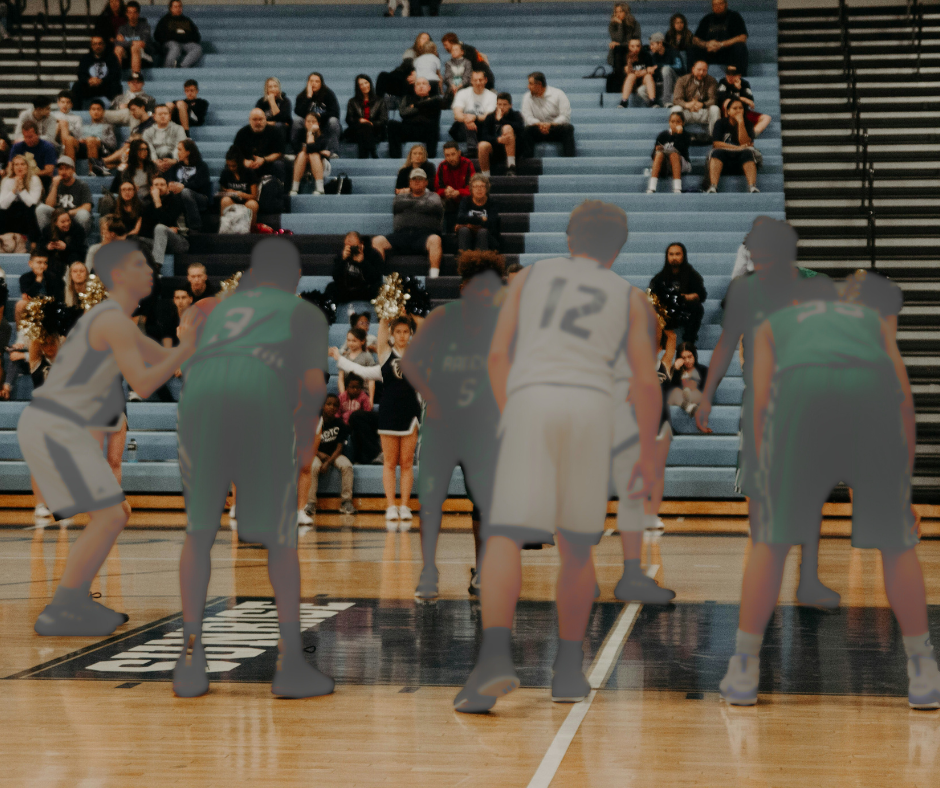Youth Sports: The Science of Supporting, Not Pressuring
Sports: The Science of Supporting, Not Pressuring. As parents of young athletes, we often grapple with the question of how much we should push our children in their athletic pursuits. Many parents struggle with concerns about their child falling behind, missing out on opportunities, or even still, that the child might one day resent them for not pushing them hard enough. There’s also the concern that without a nudge, kids may not step out of their comfort zones and reach their full potential. And let’s not forget the ROI. Parents sometimes feel the need to justify the significant investments of time and money that come with youth sports participation.
However, pushing too hard can backfire, leading to burnout, resentment, or even quitting the sport altogether.
Strike The Right Balance
Research in sports psychology offers some insights into striking the right balance. A study published in the Journal of Applied Sport Psychology found that parental pressure was associated with lower enjoyment and higher levels of anxiety among young athletes. On the other hand, parental support was linked to greater enjoyment and lower stress levels.
My Daughter Quit Youth Sports, and This Is What I Want Parents To Know
What Does That Look Like?
So, what does effective parental support look like in practice? It involves being attuned to your child’s changing needs and commitment levels, which can fluctuate significantly during adolescence due to physical, emotional, and social changes. As former Olympian Summer Sanders advises, parents should aim to match their child’s level of commitment rather than imposing their own expectations.
Intrinsic Motivation: The Key to Success
Studies have consistently shown that intrinsically motivated athletes—those who participate in sports for the sheer joy and love of the game—tend to have greater long-term success and satisfaction. However, as any parent of a teenager knows, maintaining that intrinsic motivation can be a challenge. Between the demands of school, practice, and the ever-present allure of smartphones, it’s not always easy for young athletes to find the drive to put in extra work on their own.
The Psychology of Parental Pressure
A study by Amado et al. (2015) found that athletes who perceived their parents as excessively controlling or critical were more likely to experience stress, anxiety, and reduced enjoyment of their sport. On the other hand, athletes who felt their parents provided autonomy support—encouraging self-directed choices and decision-making—reported higher levels of motivation and well-being.
Balancing Support and Autonomy
So, how can parents strike the right balance? John Brown, the father of three star wide receivers who played at USC, Notre Dame, and Stanford – and who also maintained 4.0 G.P.A. and spoke three languages, explains his parenting style like this: it was like pushing a car up a hill. “When it runs out of gas or needs a nudge, you have to be there to push. But once you get it to the top, it can coast down.” Even with his highly successful kids, he admitted he was often the driving force behind a lot of their training and workouts. The key is to be there to offer support when needed but also to give young athletes the space to drive their own athletic journeys.
Navigating the Ups and Downs
It’s important to recognize that a child’s commitment to their sport may fluctuate over time, especially during the teenage years when they are going through significant physical and emotional changes. In an informal survey by Ilovetowatchyouplay.com, 58% of parents of collegiate athletes reported that their child wanted to quit at some point. Most found that providing a listening ear, engaging in open communication, and allowing time away from the sport to recharge helped their athlete reconnect with their passion.
The Importance of Communication and Perspective
Maintaining open, honest communication with your young athlete about their goals and what it takes to achieve them is crucial. However, it’s equally important not to let tensions around sports define your relationship. If sports become a constant source of conflict, it may be time to take a step back. Remember, the teenage years are a short and precious time, and sports should enhance, not detract from, this experience.
Giving Space to Grow
As young athletes enter their teenage years, parents should start to move away from being at the center of their child’s sporting life. Instead of coaching and advising, focus on being a supportive presence and a safe haven when challenges arise. This transition can be difficult, especially when it coincides with the age when many kids drop out of sports. However, giving them the space to take ownership of their athletic journey can be exactly what they need to refocus and reignite their passion.
Supporting young athletes is not a one-size-fits-all endeavor. By prioritizing open communication, fostering autonomy, and being attuned to your child’s changing needs, you can help them navigate the ups and downs of their sporting journey. Remember, the goal is not to push them to the brink but to provide a foundation of love and support that allows them to thrive both on and off the field.
